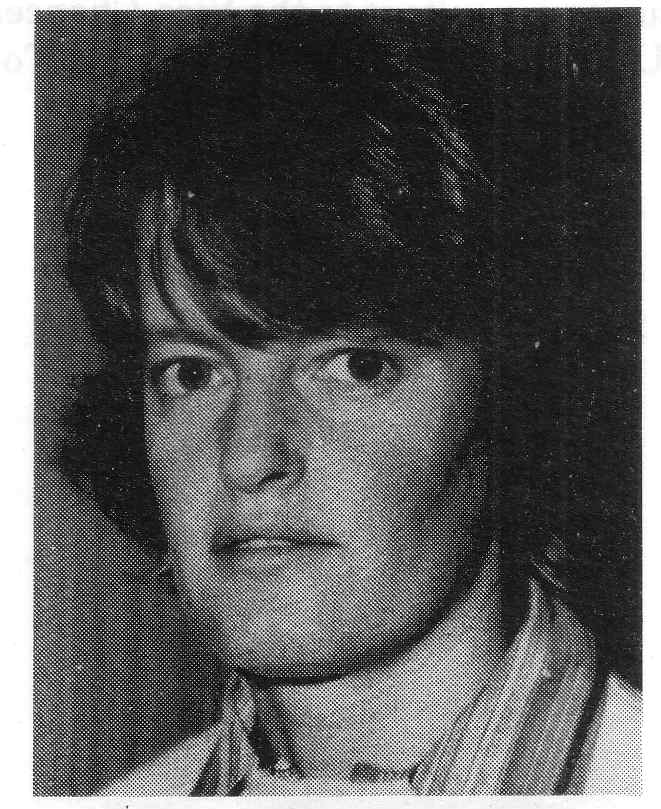
Published in Wisenet (Journal of the Women in Science Enquiry Network), No. 1, April 1985, p 5
In a continuing series we will feature Australian women of distinction and achievement who have contributed to scientific endeavour and have promoted the status of women.
In this first issue we introduce Gillian Air, molecular biologist, and Marian Sawer, political scientist.

Gillian Air is a molecular biologist. She is a top scientist with an international reputation, but she cannot obtain a suitable post in Australia.
Born in 1944, Air obtained her first degree in biochemistry from Sydney University. After completing her PhD in biochemistry at the University of NSW, she did research in England at Cambridge with Dr Fred Sanger, a Nobel Prize winner. Later she was a Queen Elizabeth II research fellow -- an untenured position -- in the John Curtin School of Medical Research at the Australian National University.
Her most important work has been the search for universal vaccines for influenza. The approach has been to study the chemical codes which control the nature of the flu virus and other viruses. In collaboration with Graeme Laver of the ANU and Rob Webster in Tennessee, she has been working on the mechanism by which 'new' flu viruses emerge as a result of genetic recombination.
The high international regard for Air's work is shown by her success in obtaining research grants. At the John Curtin School in 1979 and 1980 she received more outside grant money than any other staff member, tenured or untenured. However, she could not obtain further grants from the US National Institutes of Health because she did not have a position for the period of the renewal. To continue her work she took an attractive tenured job at the University of Alabama at Birmingham, although she would have preferred to continue working in Australia. Thus she joined the much publicised 'brain drain' from Australia.
The irony here is that the research schools at the ANU were set up to attract top researchers who otherwise would leave Australia. But once most of the tenured positions were taken up and the economic squeeze on higher education developed, a new pattern emerged. Currently, a high proportion of the most dynamic researchers are untenured and policies at the research schools give them little chance of obtaining tenure -- or even a reasonable number of years in untenured positions.
The research productivity of many of those in tenured positions has declined, but the tenured staff still make the decisions about appointments to tenured positions and about renewal of untenured posts. What sometimes happens is that talented young researchers are resented by the time serving staff. Anyone who gets on the wrong side of the university power brokers will face an uphill battle. Those who are unwelcome to the decision makers are usually simply 'let go': their contracts run out, and no special effort is made to retain them. Sometimes obstacles are put in the way of their research, such as constraints on spending grant monies. This contrasts with the many special exceptions made for staff who have the right friends. Sometimes whole new departments are set up to acquire a particular person.
That Air is a woman does not enhance her prospects in the male dominated research world. A related discrimination is that against researchers who are old -- which means over about 35 these days. The preference when making tenured appointments is often for 'young' applicants, who are less likely to upstage or challenge the entrenched staff.
At the University of Alabama, Air proceeds with her research, which continues to attract the attention of the scientific community. Recently she has been in receipt of three grants providing over $200,000 per year. Her career shows that the myth that in Australia hard work and top performance will lead to suitable job opportunities is just that -- a myth.
Brian Martin